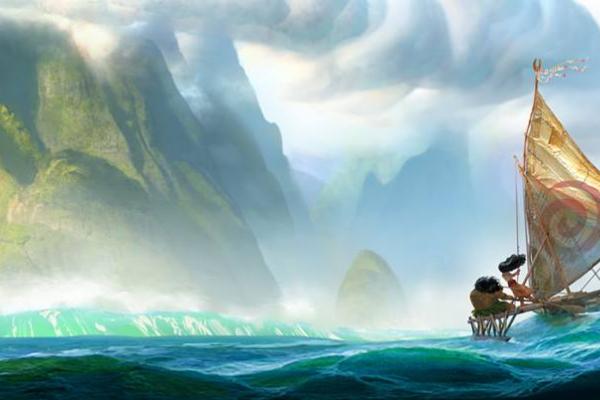Nov 29, 2016
Telling stories that encompass the scope of experience help us understand those whose experiences are different from our own. Amidst current racist, sexist political rhetoric and threats of more to come, we’re going to need more stories that bridge that gap.
Read the Full Article

Already a subscriber? Login
